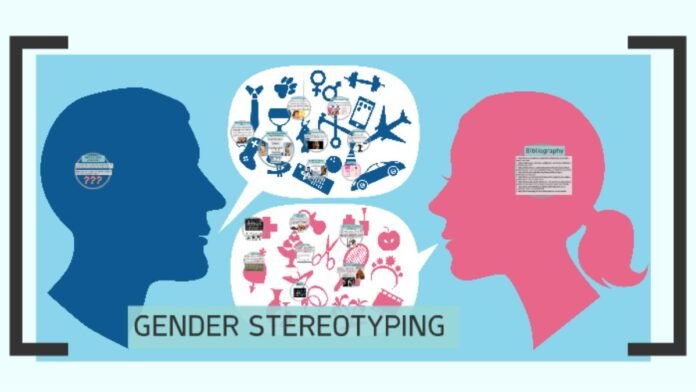Gender Stereotypes: What Parents Should Know in 2024
Our society has been ingrained with a set of norms and behaviours for men and women. We have been taught to play specific gender roles since childhood by our parents and individuals. These kinds of stereotyped assumptions and expectations not only limit an individual’s potential but also propagate inequality and contribute to discrimination and bias. Despite growing awareness and efforts to promote equality, many beliefs still persist in 2024. The need of the hour is that parents should come forward and dismantle these gender stereotypes and protect their child’s mind from these harmful beliefs.
Different Types of Gender Stereotypes
Personality & Behaviours
Sons are expected to be stronger, independent, and more confident. They are expected not to be emotional. In contrast, daughters are seen as vulnerable, with traditionally feminine traits such as emotional, nurturing, and dependent.
What Parents Should Realize: “Boys don’t cry” or “Girls are weak” – these myths should be broken. These stereotypes discourage boys from expressing their weaknesses and helplessness, and at times when they need help, they suppress their emotions. This may lead to emotional repression, mental health issues, strained relationships, and toxic behavioural changes. Meanwhile, girls may feel pressured to conform to social norms, limiting their assertiveness and leadership potential.
Career Choices and Roles
From a young age, boys are asked to be the breadwinners of the family. They are said to be competitive and are expected to take professions related to science, technology, engineering, and mathematics. In contrast, girls are frequently guided towards homemaker roles and are asked to take up professions like teaching, cooking, etc.
What Parents Should Realize: This stereotype not only limits children’s exploration of their interests and influences career choices but also perpetuates gender disparities in various professional fields. The most vivid example is the underrepresentation of women in leadership positions in the corporate field.
Physical Appearance and Body Image
This is one of the most common and deep-rooted stereotypes. Women are expected to be lean and thin, fair, and maintain a certain level of beauty. Women are expected to be gracefully dressed in specific attires suited to occasions. Makeup and beauty regimes fall under women’s purview. Boys, on the other hand, are thought to be tall, dark, masculine, and fit. They are expected to dress and groom in ways like wearing shirts and pants and having short hair.
What Parents Should Realize: Stereotypes about physical appearance place immense pressure on both genders. These stereotypes can lead to issues with body image, self-esteem, and unhealthy behaviours.
Conclusion
Addressing and challenging these gender stereotypes is essential for progressive, inclusive and equitable society. Parents play a serious role in this process by exhibiting behaviours that challenge traditional gender roles. By doing so, we can help the next generation break free from limiting stereotypes and reach their full potential.



